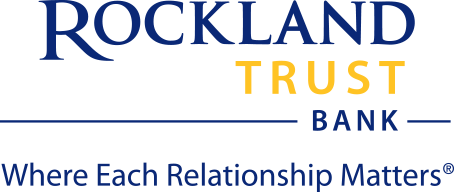1. Save for a rainy day. Having an emergency fund of three to six months’ worth of living expenses can spare you from a lot of worry and save you money, too, if misfortune strikes. You won’t have to pile up debt to deal with a needed car or home repair, medical emergency or job loss.
2. Invest for retirement. Two out of five workers are not at all or not too confident that they will have enough money to live comfortably throughout retirement, according to the
2015 Retirement Confidence Survey. No matter what your age, it’s never too soon or too late to save for retirement. Bonus: When you invest in a tax-deferred account, such as a
traditional IRA or 401(k) plan, you may save on your current tax bill, too.*
3. Pay down debt. If you have high-interest debt, especially debt on which the interest compounds, such as on credit cards, paying it off (or paying it down) can be a huge money saver over time. For example, if you have $5,000 in credit card debt at an annual percentage rate (APR) of 18 percent and you make payments of $200 a month, you’ll have paid $1,314 in interest by the time you’ve paid off the card. But if you pay $2,000 of it now (leaving a balance of $3,000) and then continue making payments of $200 a month, you’ll only pay $424 in interest. That’s a savings of almost $900 in interest charges!**
4. Set up college funds for the kids. College costs continue to rise, and starting to save early is one of the best ways to make college affordable. A Coverdell education savings account or a 529 savings plan can help you save on a tax-advantaged basis.
5. Invest in yourself. Do you need a little more education to get a better job? Would hiring a personal trainer keep you motivated to improve your fitness and reach your health goals? Money that goes toward long-term improvements in your life is always well-spent.
6. Take a vacation. In a hectic world, taking time to relax and be with your family or friends can help you bond and enjoy more rewarding relationships.
One last tip: If you received a large refund, you may want to adjust your tax withholding by filling out a new W-4 for your employer. Although a refund may seem like a “gift” from Uncle Sam, it’s really your own money being returned to you — and you’ve made an interest-free loan to the government in the meantime.
* Taxes will be due at ordinary income tax rates upon withdrawal from a traditional individual retirement account (IRA) or employer-sponsored retirement plan. Premature withdrawals (generally, those made before age 59½) may be subject to a 10 percent tax penalty, too (does not apply to 457 plans).
** Source:
Bankrate.com.
This financial institution does not give tax advice. Consult your tax advisor for information specific to your situation.




